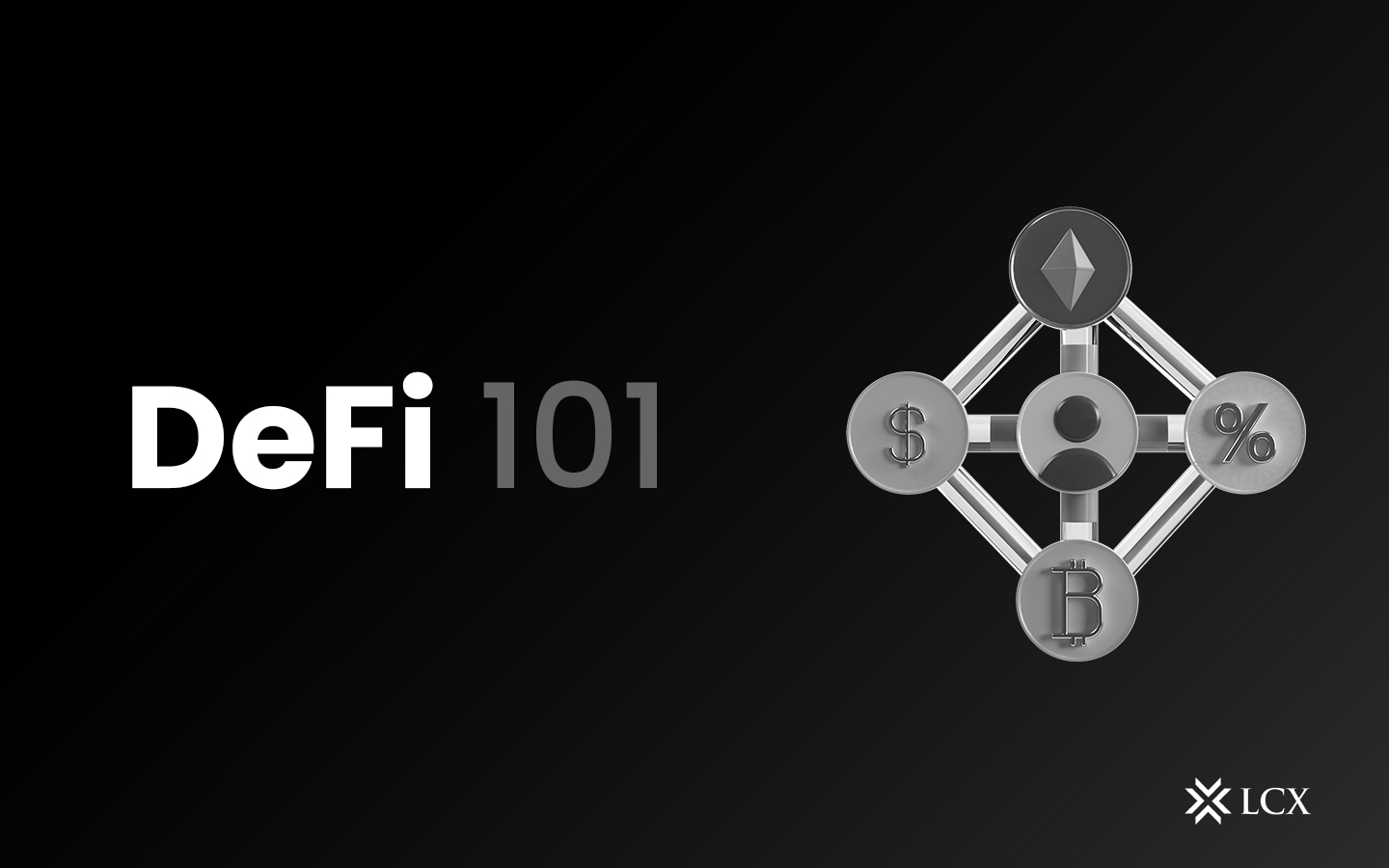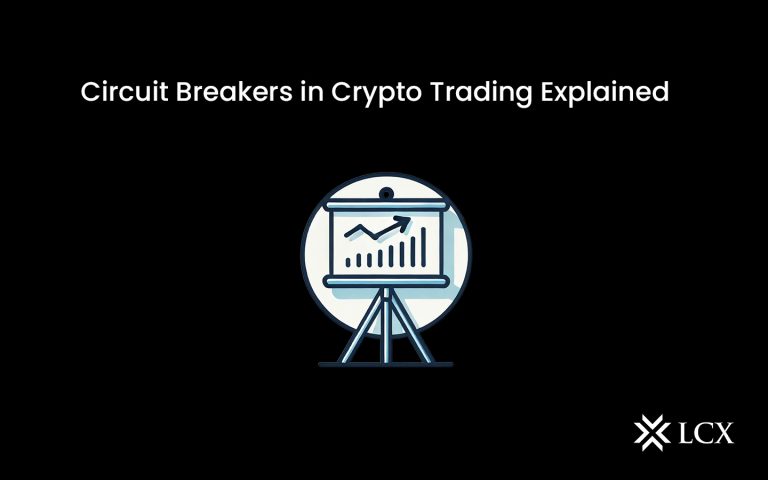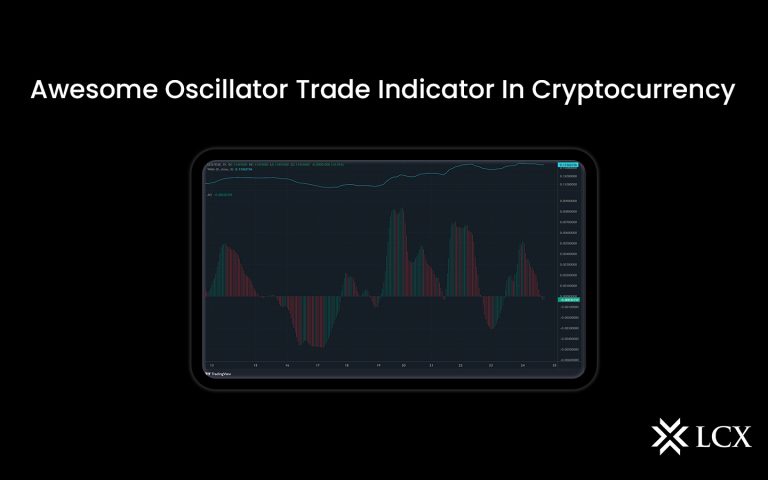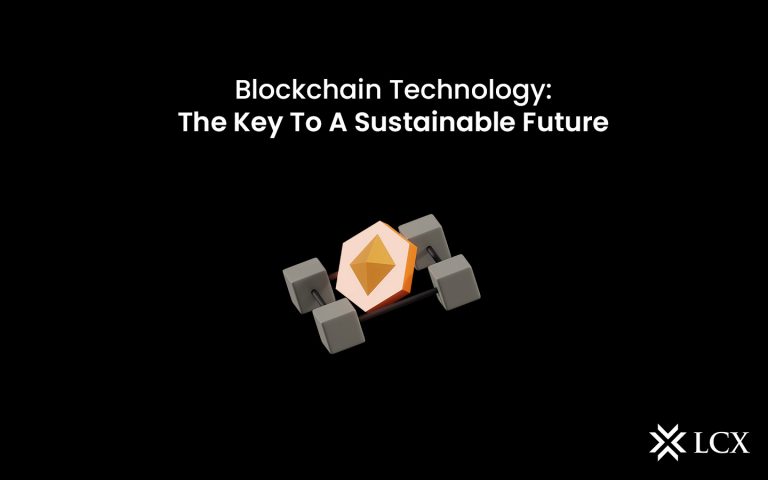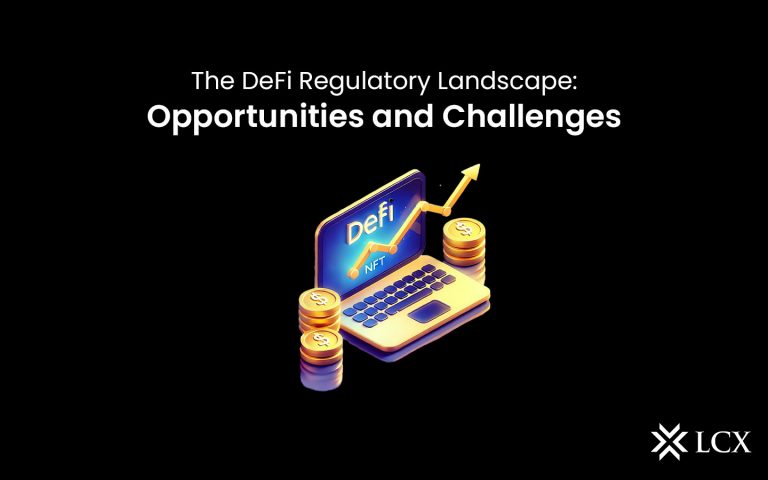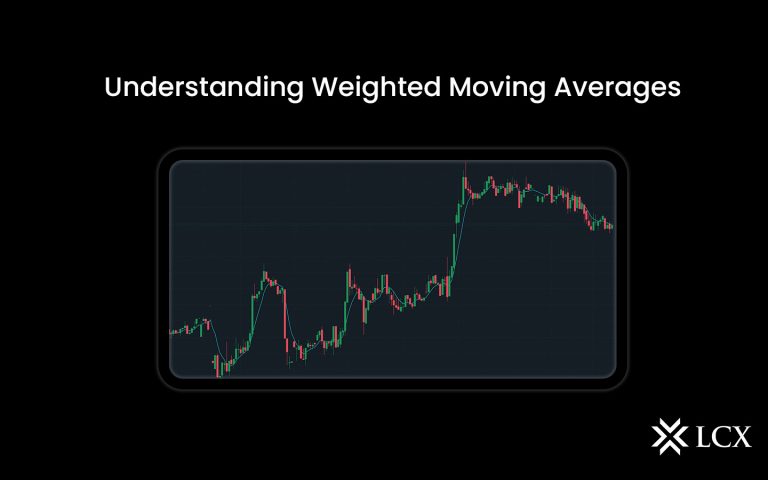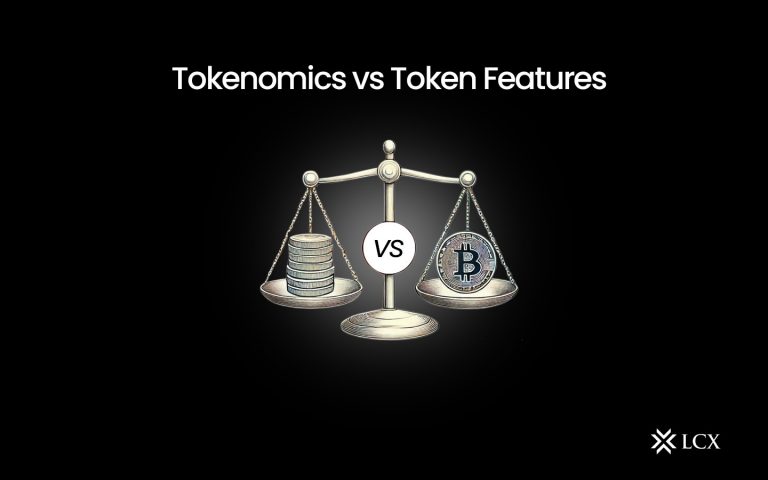DeFi provides investment instruments such as loans on a blockchain without requiring a centralized authority to oversee them. DeFi is instead controlled by a series of smart contracts that are authored to make sure that all participants in the financial sector have their best interests represented. All of this simply means that you have a decentralized network (the blockchain) in charge of ensuring that all economic participants are satisfied. If you’ve ever heard someone talk about DeFi, there will be many terms that you are unaware of.
Keywords Of Defi:
- Annual Percentage Yield (APY): The Annual Percentage Yield (APY) is the quantity a yield farmer originally stood to obtain over a year’s duration. APYs also consider compounding interest, enabling an investor to reinvest their earnings. Annual Percentage Rate (APR) is also used, but APR is generally non-compounding, whereas APY is. Unfortunately, in some contexts, APR and APY are used interchangeably when they should not be. If the topic is earnings, understanding the distinction will inform you if the investment is non-compounding or non-compounding.
- Liquidity: In the financial world, liquidity refers to the ease with which a specific investment can be “liquidated” or converted into ready cash. Liquidity has been provided on an exchange using a liquidity pool in the world of DeFi. A liquidity pool is a collection of cryptocurrencies locked into a smart contract to facilitate the easy exchanging and swapping of one coin for another.
- Yield Farming: A yield farmer does not cultivate crops; instead, they cultivate cryptocurrency. Yield farming is a technique of staking or lending assets to optimize returns on investment. A user on a DeFi platform will be able to deposit funds into their system and then take out loans based on the amount they put in. It’s a risky business, but the potential rewards are enormous. Yield farmers typically have many transactions between and within their wallets as they quickly switch currencies to find the best returns on their specific DeFi platform. These rates fluctuate daily, so it’s not a “set it and forget it” investment. Instead, yield farmers must constantly monitor market conditions and adapt to changes.
- Ape: Not the chimp, but the act of investing in something without first conducting thorough research. Someone may “Ape” into new crypto, only to lose their original investment as it falls in value. It is advantageous not to be an ape.
- FOMO: FOMO stands for “Fear of Missing Out.” FOMO is a widespread psychological phrase that refers to anyone wanting to participate in something because they are afraid of losing their popularity among their peers. It’s been used effectively in marketing campaigns. FOMO is part of the adoption drive in some instances (such as some NFTs), with many people wanting to participate.
- Degen: Another term for someone who invests without taking the time to appreciate the market. It’s a contraction of the word “degenerate.”
- NFT: Decentralized finance provides assets in the form of digital creations as well as monetary instruments. NFTs can take the form of anything, ranging from artwork to gifs to videos and memes. NFT stands for non-fungible tokens, and each one is unique when it is minted. When someone sells an NFT, they are not simply selling a duplicate of a digital asset. They’re selling the digital asset’s ownership rights. They’re similar to collectible trading cards in the DeFi universe.
Conclusion
All this information should put you in a slightly better position to discuss DeFi and how it could affect you. Unfortunately, this is only scratching the surface, and there is much more to consult regarding DeFi.
